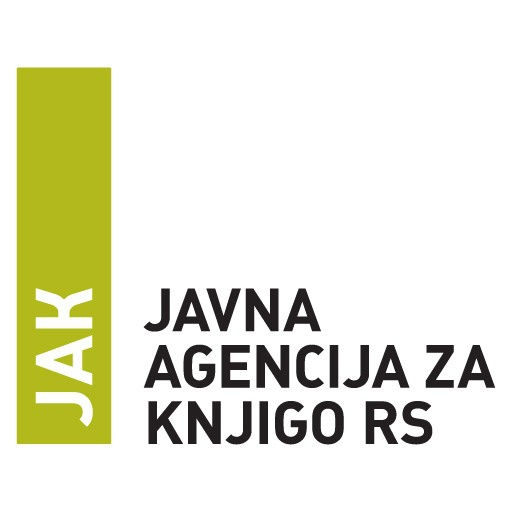Kiana Hayeri: Promises Written on the Ice, Left in the Sun
Past exhibition
Overview
The exhibition is a part of the programme of the international contemporary photography festival Kranj Foto Fest 2024.
These pictures of everyday life were taken between 2018 and 2021; yet, with their direct documentary approach, they provide important insight into the serious changes that have been taking place in Afghanistan, since the withdrawal of Western troops in the summer of 2021. Within a few days, the Taliban destroyed everything that had been achieved for freedom of expression, women’s rights and education, and replaced it with fear and insecurity.
Students in a classroom; exuberant women dancing in a sitting room; a yoga teacher at her work in a TV studio; a female officer in front of a police station. These pictures of Afghan women and girls capture moments of everyday life and were taken between the summer of 2018 and the autumn of 2021. Even so, they are now part of history: with the return to power of the Taliban, the freedoms and daily customs enjoyed by women have, once again, been curtailed. There were dramatic, and often life-threatening, consequences for the individual protagonists: the yoga teacher, who openly supported women’s rights, was able to go into hiding and eventually flee the country with her family; the police officer was sacked and also had to go underground, but now lives in Germany. School lessons and university attendance are now impossible for girls and women. On 21st March 2022, the Taliban promised to reopen all schools in Afghanistan, lifting their de facto, seven-month ban on girls attending school. Two days later, however, as many were preparing for the first new day of school, the decision was reversed. The Taliban announced that schools for girls would remain closed, indefinitely.
“Last summer, we all watched in disbelief as 20 years of progress in freedom of expression, women’s rights and education were wiped away in 20 days, as the country rapidly fell into the hands of the Taliban.”
Born in Iran, and brought up in Tehran and Toronto, Canada, Kiana Hayeri lived in Afghanistan for over eight years. Her work mostly centres around the living situations of women there – the same women who, shortly after the Americans invaded Afghanistan, became the focus of the war effort to liberate the country. Today, many of those women have the feeling that they have been let down and forgotten. “Whilst I have covered the front lines and dramatic events of war, I have also tried to capture a different and alternative narrative for America’s longest war,” the photographer explains.
“Afghanistan is still a country with open wounds that is struggling to heal.”
Hayeri’s poignant series also reports on women for whom the only way out of domestic violence was to murder their husbands. Now, even though they sit in prison, they have found peace. There are stories of girls from remote areas walking for hours, come rain or shine, to attend school, stories of mothers who mourn the loss of their teenage daughters, who were brutally murdered as they left their school in western Kabul, and the story of a woman whose four sons followed different paths after joining opposing sides in the conflict. According to the photographer, “she carries an open wound on her throat that doctors believe is caused by grief.” Hayeri considers Afghanistan “a place of extremes, where the best and worst of humanity live side by side: fear and courage, despair and hope, life and death coexist.”
Kiana Hayeri grew up in Tehran and moved to Toronto while she was a teenager, taking up photography as a way of bridging the gap in language and culture. In 2014, a short month before NATO forces pulled out, she moved to Kabul and stayed on for 8 years. Her work explores complex topics such as migration, adolescence, identity and sexuality in conflict-ridden societies. Hayeri has been named as one of the emerging photographers by PDN 30 Under 30, selected as the recipient of Chris Hondros Award as an emerging photographer, received a grant from European Journalism Center and the Stern Grant, and was awarded the Tim Hetherington Visionary award and the James Foley Award for Conflict Reporting. For her series “Where Prison is Kind of a Freedom”, she received the prestigious Robert Capa Gold Medal, won The Hal Boyle Award and was shortlisted under International Reporting for the Pulitzer Prize. In 2022, she was named as the winner of Leica Oskar Barnack Award for her portfolio “Promises Written On the Ice, Left In the Sun”. Kiana is a Senior TED fellow, a National Geographic Explorer grantee and a regular contributor to The New York Times and National Geographic. She is currently based out of Sarajevo, telling stories from Afghanistan, Balkans and beyond.
The exhibition opening will take place on Wednesday, 21st August, at 7 pm – join us for the guided tour and talk with the artist Kiana Hayeri about her book When Cages Fly.
This event is part of cultural activities in our bookshop, which are partly sponsored by the Slovenian Book Agency.

In collaboration with:





